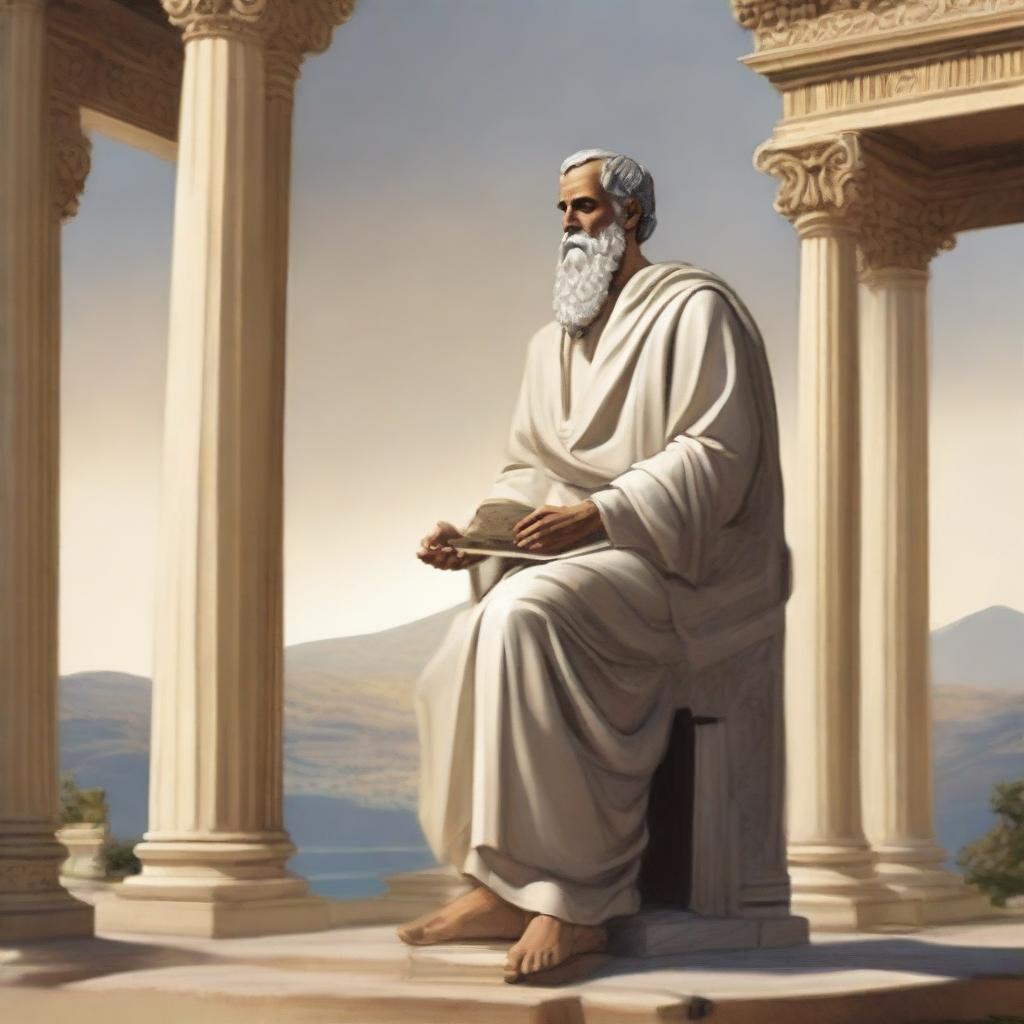Discover Your Atheistic Philosophy
Quizzee Rascal
Created 6/20/2024

Explore different philosophical arguments for atheism and find out which one resonates with you the most.
1. What is your main reason for questioning the existence of God?
Lack of empirical evidence
Inconsistencies in religious texts
Problem of evil and suffering
Scientific explanations of the universe
2. How do you usually approach the question of God's existence?
Through scientific inquiry
Through philosophical reasoning
Through ethical and moral perspectives
Through personal experience
3. What role does evidence play in your belief system?
Critical role, must be empirical
Important, but also consider philosophical arguments
Limited, focus more on logical consistency
Not important, more about personal belief
4. Which type of argument do you find most convincing against the existence of God?
Deductive arguments
Inductive arguments
Analytical or logical arguments
Probabilistic arguments
5. How do you view the concept of an all-powerful, all-knowing, all-good being?
Logically incoherent
Philosophically problematic
Empirically unsupported
Generally plausible but unproven
6. What is your stance on the possibility of miracles?
Highly skeptical
Open but unconvinced
Agnostic
Distinctly illogical
7. How important is the problem of evil in your atheistic views?
Central argument
Important but not conclusive
One of many factors
Not very important
8. How do you perceive religious experiences reported by believers?
Psychological phenomena
A result of cultural conditioning
Potentially misleading
Generally credible
9. Which philosophical approach influences your atheism the most?
Naturalism
Empiricism
Rationalism
Existentialism
10. How do you react to theistic claims that cannot be empirically tested?
Dismiss them as meaningless
Consider them but find them unconvincing
View them as personal beliefs
Evaluate them philosophically
11. How do you justify the adequacy of science in explaining life's origins?
Fully trust scientific explanations
Believe science provides the best explanations currently available
See science as one of many tools
Skeptical but open to scientific theories
12. To what extent do you consider the hiddenness of God a legitimate argument against theism?
Highly convincing
Important but not definitive
Moderately persuasive
Not persuasive at all
13. What is your view on the necessity of faith in theistic belief systems?
Faith is inherently irrational
Faith is a personal choice
Faith is necessary but not sufficient
Faith and reason can coexist
14. Do you think the apparent design in nature supports theism?
No, it's a result of natural processes
Uncertain, yet skeptical
Possibly, but not convincingly
Supports deism more than theism
15. What weight do you give to the cosmological arguments for atheism?
Significant weight
Some weight but not decisive
Minor weight
No weight at all
16. How do you interpret the historical accounts of religious texts?
As mythological narratives
As cultural artifacts
As partially historical but exaggerated
As true records of divine intervention
17. How do you view moral arguments against the existence of God?
Convincing
Plausible but require more evidence
Moral arguments are weak
Irrelevant to the question of God's existence
18. How do you regard theistic challenges to atheistic positions?
Mostly refutable
Require serious consideration
Somewhat credible
Lacking in substance
19. Which alternative explanation for religious belief do you find most convincing?
Sociocultural factors
Psychological needs
Misinterpretation of natural phenomena
Evolutionary byproduct
20. What do you think would be the most general justification for your atheistic stance?
Lack of compelling evidence for theism
Logical inconsistencies in the concept of God
Greater explanatory power of naturalism
Incompatibility of theism with observed reality

